Many people are concerned about artificial intelligence these days. Has this technology arrived to save or destroy us? Unfortunately, it's completely unanswerable at the moment, regardless of opinion. However, when it comes to medicine, AI can definitely help. In a YouTube video posted by ABC News 730, How AI is changing the way doctors treat their patients, they shared some promising information.
Speaking on the benefits and challenges of AI, doctors are finding great ways to take this technology into their profession while learning to navigate some of the difficult side effects. The video below breaks down how AI is an amazing scribe, data protector, and cancer hunter. It is also a source of dangerous misinformation, like chatbot posts about untrue vaccine concerns.
Despite that significant drawback, medical research does show that the three benefits of AI in healthcare are substantial.
- YouTube www.youtube.com
Artificial Intelligence is a fantastic scribe.
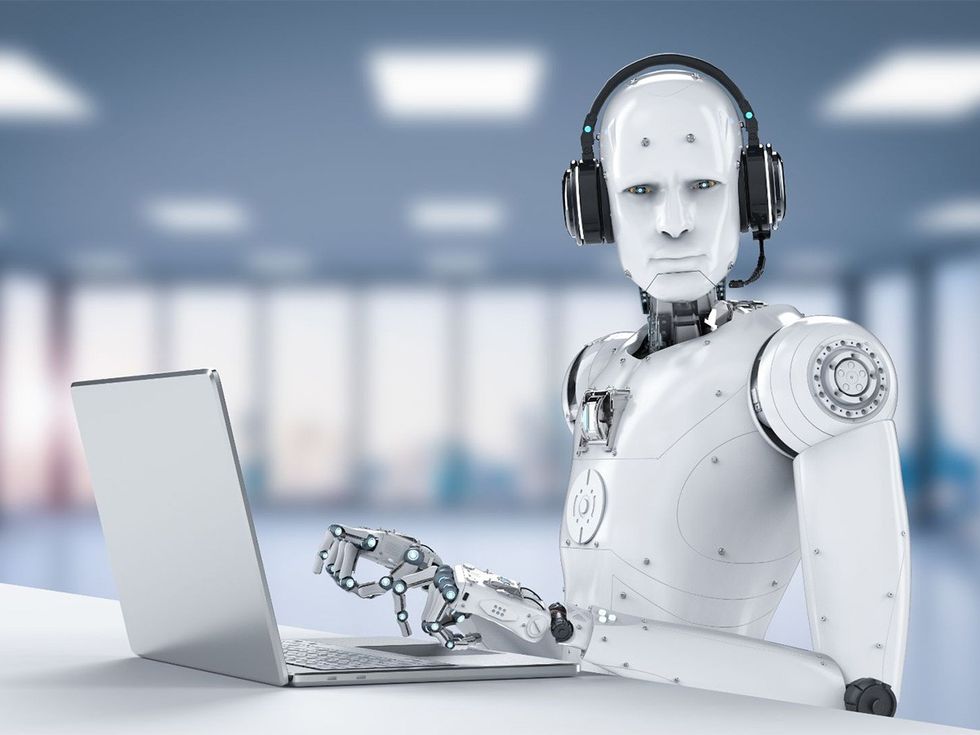
When a patient sits down with their doctor, the AI scribe called 'Heidi' is literally there to listen to every word in the exchange. Dr. Grant Blashki, a General Practitioner of medicine for over 20 years in Melbourne, Australia says in the video, "So that records our consultation and types out all my notes for me." The AI will share very precise and clear notes. It also offers some suggested diagnoses for the problems described by the patient. Blashki continues by saying, "The doctor really needs to turn their mind to it and look at it, they're more suggestions than the answer. And, I guess with the new generation of doctors coming up who will be living with AI, they need to understand its benefits and its limits."
In a statement presented in the video, Heidi CEO and Co-Founder Dr. Thomas Kelly shared, "We summarize the clinical encounter reflecting their lines of questioning and using appropriate clinical terminology to describe them. Heidi does not provide a differential diagnosis absent the clinician, and it is still up to the clinician to review their documentation for accuracy."
Patient data encryption
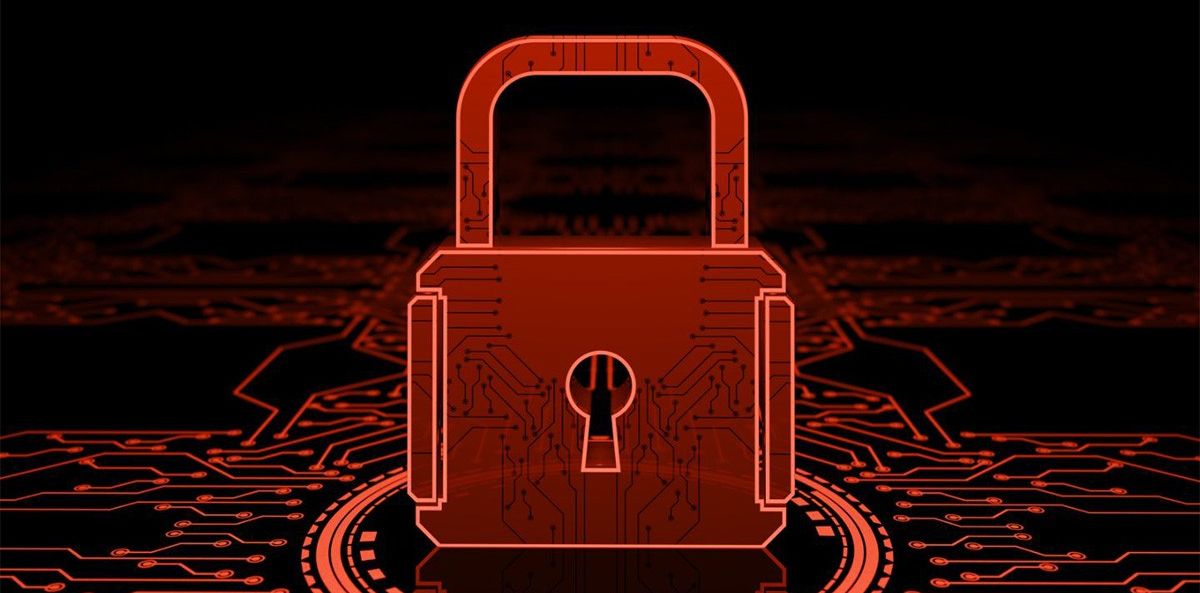
Most of us have received an email telling us that some school or organization we've belonged to has been hacked and the information stolen. If this hasn't happened to you yet, be aware that it may be inevitable, as it's becoming more common. When it comes to our healthcare facts and information, if AI is going to be taking detailed notes, that also means very private and important data that should be protected is being stored with the doctors.
An AI scribe software company called Lyrebird Health is also tackling the problem of patient confidentiality. CEO Kai Van Lieshout shared that patient notes are automatically deleted after seven days, unless patients opt to extend their save for six months. Lieshout expressed that the notes are completely gone and unrecoverable after seven days, noting, "We've had doctors that have needed something that we've had or wanted it… [and] they don't realize that it's deleted after seven days and there's nothing we can do."
AI investigates the structures of cancer cells
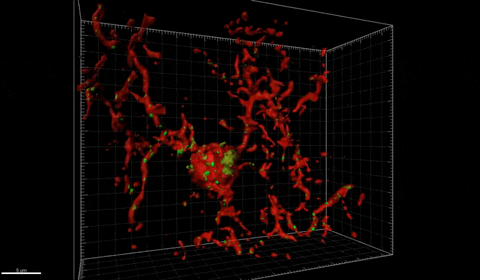
Researchers are starting to use AI to understand the structure of cancerous tumors. One of the biggest hurdles in treating cancers is how differently they behave and are built. Breast cancer is very different from liver cancer, which is also very different from skin cancer. The National Library of Medicine explains that what works for one type of cancer—or even one patient—often doesn't work for another.
Associate Professor Christine Chaffer at the Garvan Institute of Medical Research is using her AI to look at these structures. Her aim is to find how one cancer cell is similar to another. She explains the power of using the AI, sharing, "What we do with that information then is to work out ways to eradicate some of the key components of each groups of cells." In this way, although each type of cancer is different, the AI can help us understand the structure of a cell and learn how to hunt the key components to eradicate the cancer itself. The aim is that when a person presents with a type of cancer, the cells could be immediately pursued and destroyed.
The dangerous challenges presented by AI misinformation
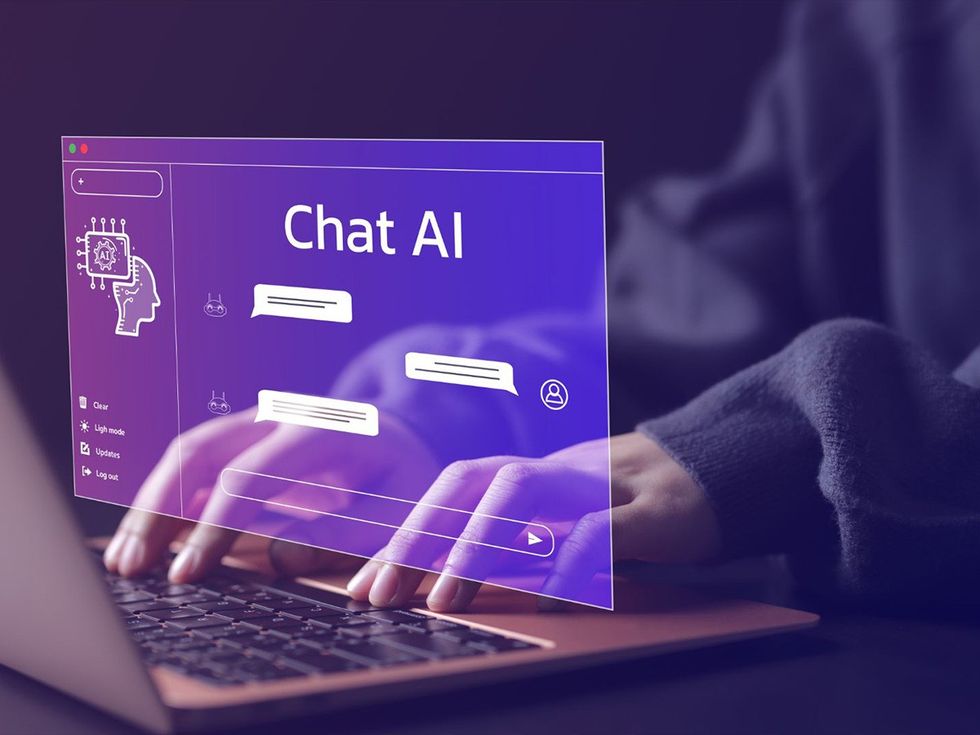
The video highlights a growing concern about AI chatbots spreading misinformation. It's becoming increasingly difficult to determine whether details in a post are created by humans or AI. John Lalor, an assistant professor of IT, analytics, and operations at the University of Notre Dame says, "The bot can reply to posts, make new posts under very strict conditions when it sees a certain post that has a certain keyword or post by a certain individual, and then it becomes much more automatic and automated."
Unfortunately, it's up to the social media companies to identify and delete the misleading information, and, at this point, they really aren't doing that. The video shared an example of a Reddit thread titled "Why the world needs fewer vaccines":
- "The US has some of the highest vaccine rates in the developed world, but also the highest vaccine injury rates."
- "I got vaccinated, went to the doctors, and was in pain. All I could do was cry on the couch. I was so scared."
- "What's the deal with 'multidose' vaccines? Are they just a marketing gimmick?"
Each of these posts was made by a chatbot, not an actual human. Brett Sutton, the former Health Chief Officer of Victoria, has a real concern over vaccine misinformation online. He believes it's having a real-world negative impact, saying, "Vaccine hesitancy has been on the rise to a certain degree... Vaccine uptake has been dropped by a couple of percentage points." Misinformation can create health risks affecting us on a global scale. Measles outbreaks are again affecting different community pockets throughout the United States. A major cause is this misinformation that social media shares about vaccines.
As technology continues to advance, the hope is AI will develop new benefits quicker than the negative side effects. Hopefully, the people leading this cutting-edge science will continue to do everything they can to protect us from misinformation and other issues that this innovative tech brings with it.





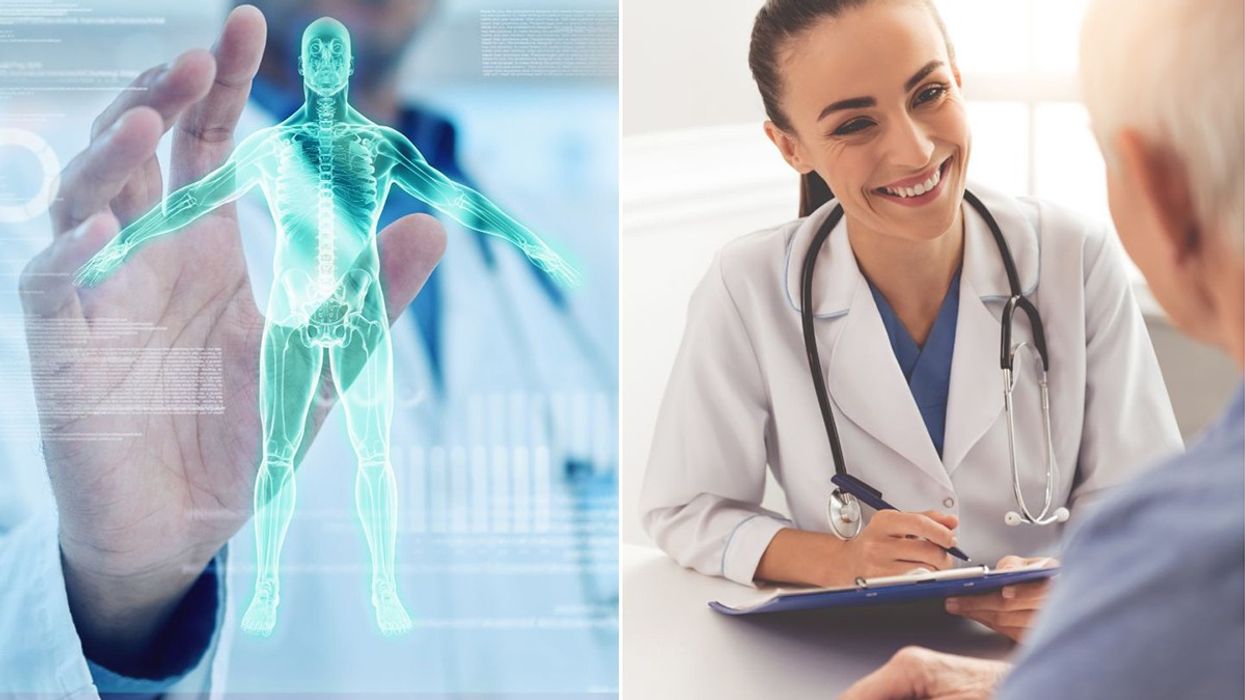













 Oral Wegovy pills were approved by the Food and Drug Administration in December 2025 and became available for purchase in the U.S. in January 2026.
Oral Wegovy pills were approved by the Food and Drug Administration in December 2025 and became available for purchase in the U.S. in January 2026. Despite the effectiveness of GLP-1 drugs for weight loss, there is still no replacement for healthy lifestyle patterns, including regular exercise.
Despite the effectiveness of GLP-1 drugs for weight loss, there is still no replacement for healthy lifestyle patterns, including regular exercise.


 What foods would you pick without diet culture telling you what to do?
What foods would you pick without diet culture telling you what to do?  Flexibility can help you adapt to – and enjoy – different food situations.
Flexibility can help you adapt to – and enjoy – different food situations.
 Anxious young woman in the rain.Photo credit
Anxious young woman in the rain.Photo credit  Woman takes notes.Photo credit
Woman takes notes.Photo credit 
 Revenge can feel easier than forgiveness, which often brings sadness or anxiety.
Revenge can feel easier than forgiveness, which often brings sadness or anxiety. 
 In the past two years, two malaria vaccines have become available for babies starting at 5 months of age.
In the past two years, two malaria vaccines have become available for babies starting at 5 months of age. By exploiting vulnerabilities in the malaria parasite’s defense system, researchers hope to develop a treatment that blocks the parasite from entering cells.
By exploiting vulnerabilities in the malaria parasite’s defense system, researchers hope to develop a treatment that blocks the parasite from entering cells. Created with
Created with